
Deanna Olney
Director, Nutrition, Diets, and Health (NDH), Nutrition,
Diets, and Health

Back
With research staff from more than 70 countries, and offices across the globe, IFPRI provides research-based policy solutions to sustainably reduce poverty and end hunger and malnutrition in developing countries.

researcher spotlight
Danielle Resnick is a Senior Research Fellow in the Markets, Trade, and Institutions Unit and a Non-Resident Fellow in the Global Economy and Development Program at the Brookings Institution. Her research focuses on the political economy of agricultural policy and food systems, governance, and democratization, drawing on extensive fieldwork and policy engagement across Africa and South Asia.

Back
Since 1975, IFPRI’s research has been informing policies and development programs to improve food security, nutrition, and livelihoods around the world.

Back
IFPRI currently has more than 480 employees working in over 70 countries with a wide range of local, national, and international partners.
Economic, climate, and health shocks as well as conflict can be devastating for poor and vulnerable people who have limited resources and options. These shocks include food price hikes and financial crises, environmental and natural disasters, armed and political conflicts, and disease outbreaks. They can intensify the risk of food and nutrition insecurity, drive people into poverty or prevent them from moving out of poverty, and spur migration. Building resilience means helping individuals, households, communities, and countries prepare for, mitigate, cope with, and recover from shocks—so that they can not only bounce back but even become better off.
IFPRI’s resilience research examines the impact of different shocks and explores possible interventions to enhance human capital, policies for responding to and recovering from crises, and ways to create resilient food systems, economies, and societies. This includes extensive work on climate change, food prices, migration, and crises, including COVID-19 and the food, fuel, and fertilizer price increases associated with the Russia-Ukraine war. Research on women’s empowerment and gender equity also contributes to understanding resilience.
IFPRI’s research on this topic is closely aligned with the Sustainable Development Goals (SDGs), including SDG1, SDG2, SDG9, and SDG11, and with the CGIAR Impact Areas on Nutrition, Health, and Food Security; Poverty Reduction, Livelihoods, and Jobs; Climate Adaptation and Mitigation; and Gender Equality, Youth, and Social Inclusion.
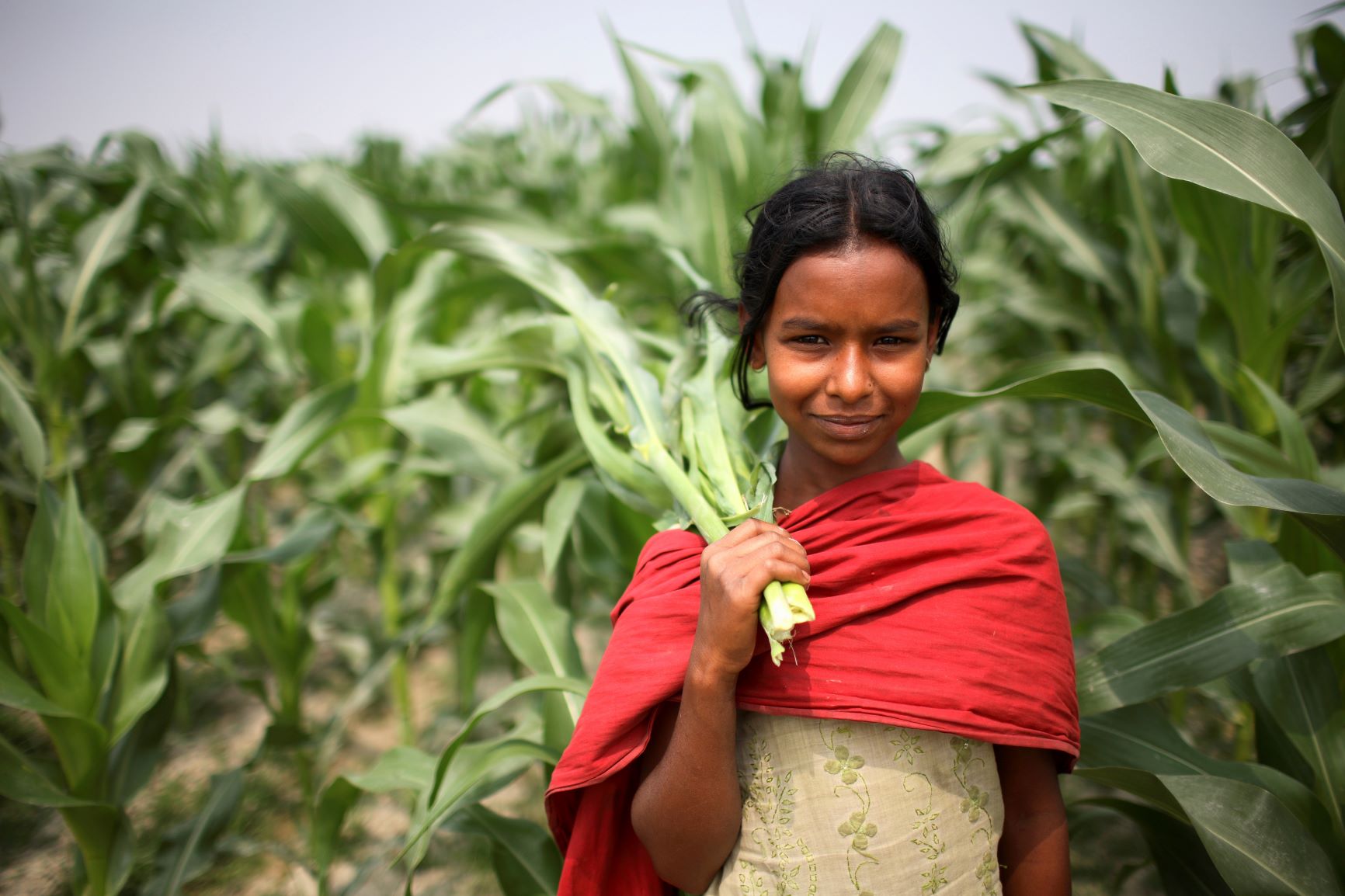

Journal Article

Journal Article

Journal Article
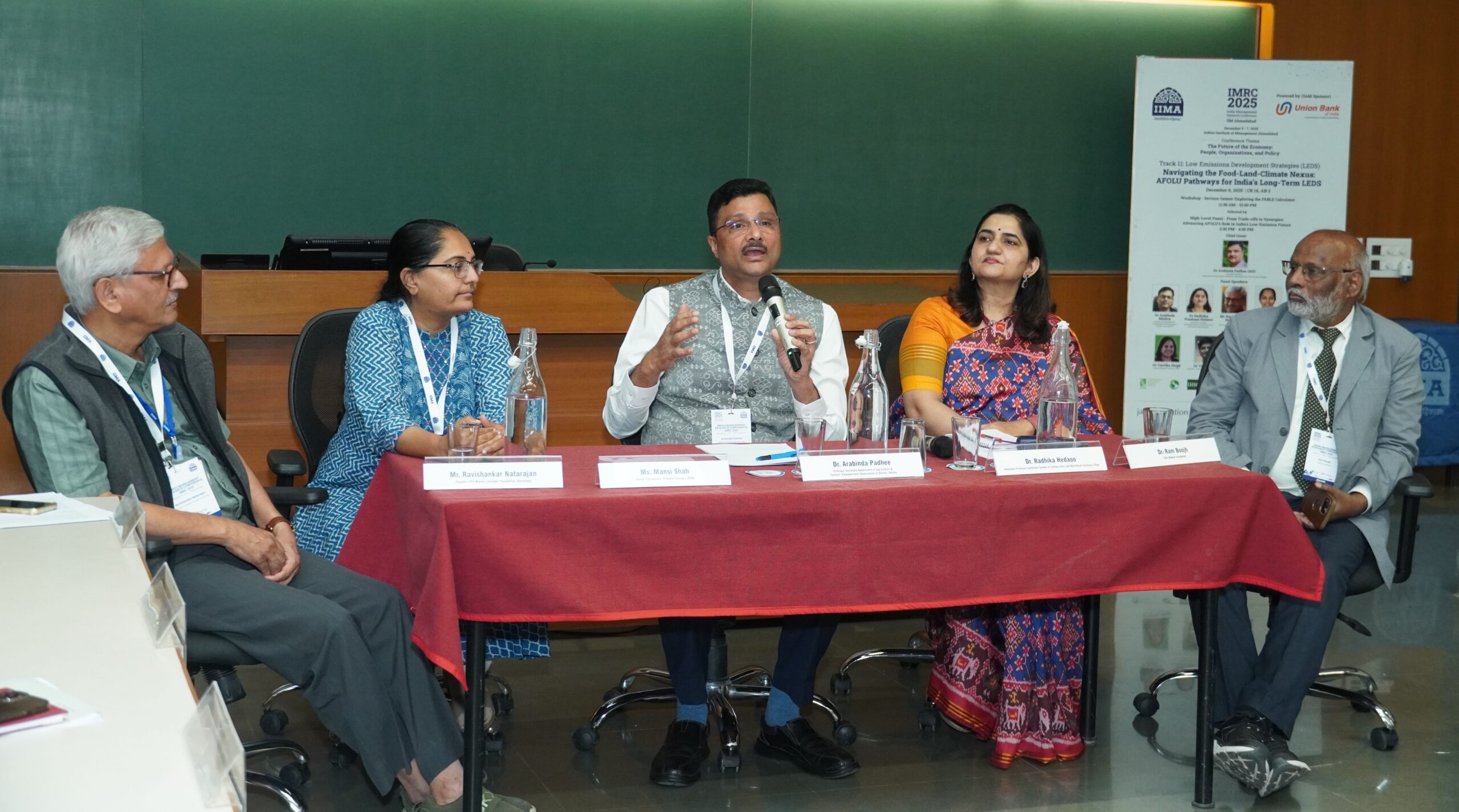
Guiding an ongoing transformation.
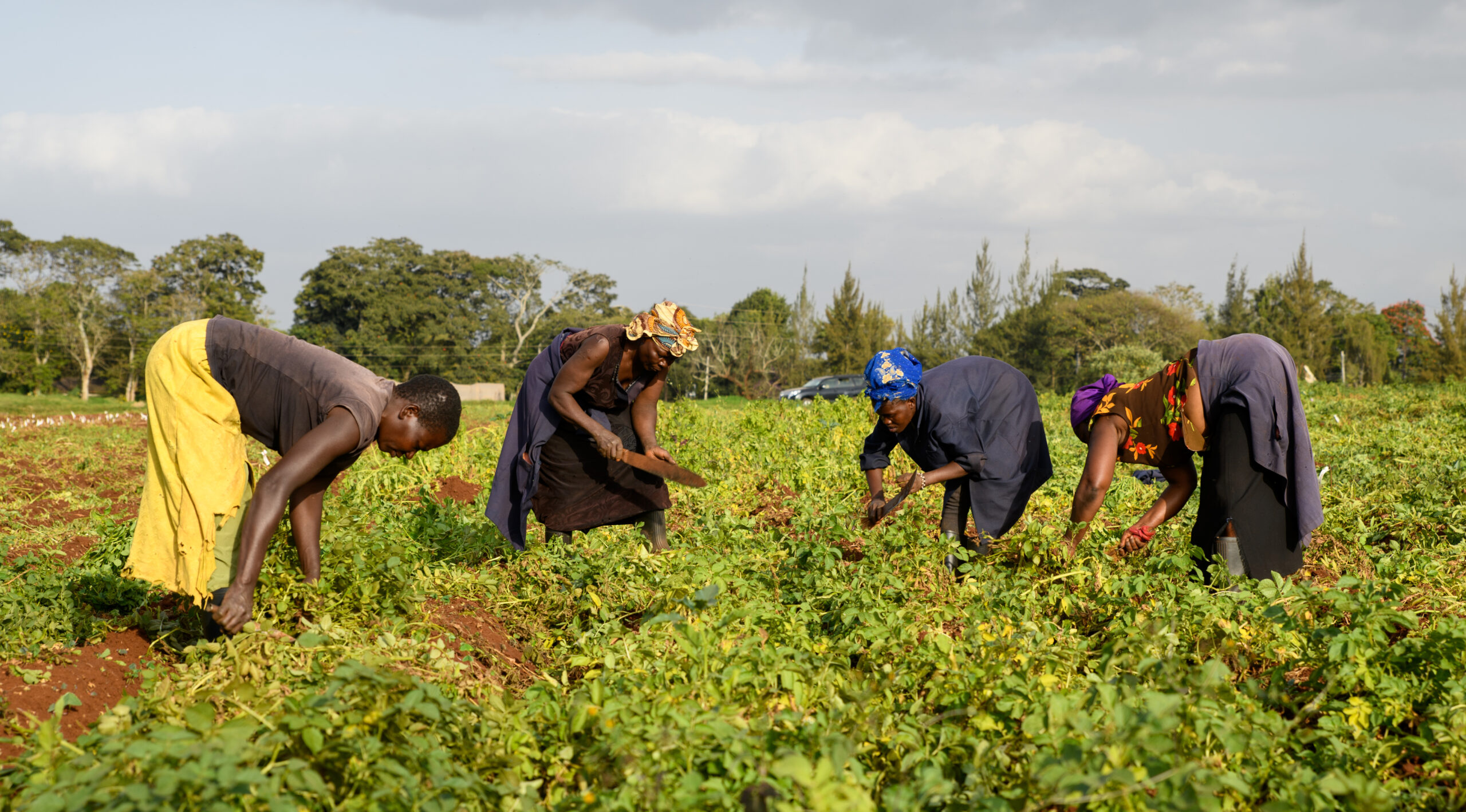
Expanding the reach and effectiveness of a key government program.
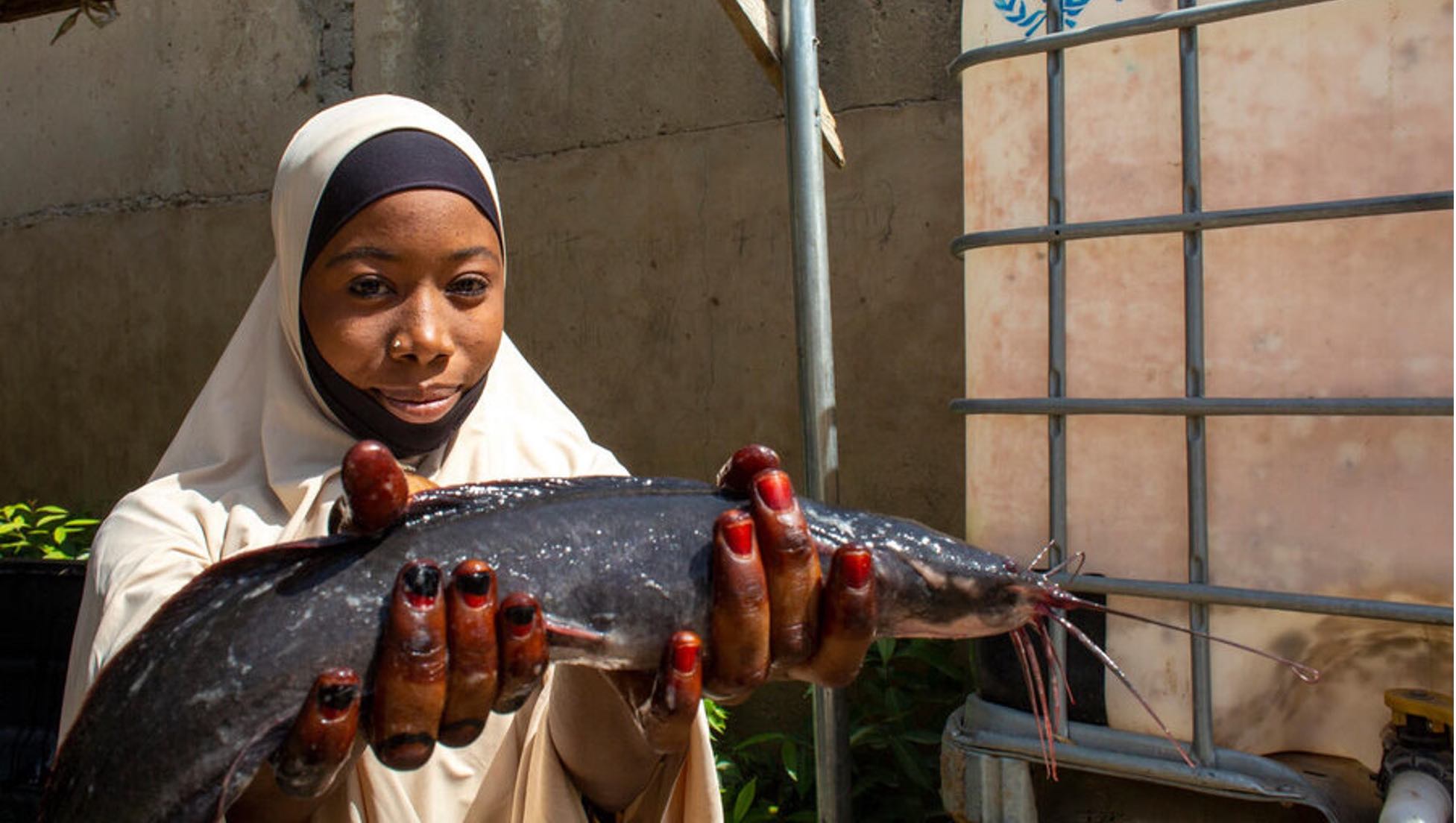
Leveraging assistance to build resilience.
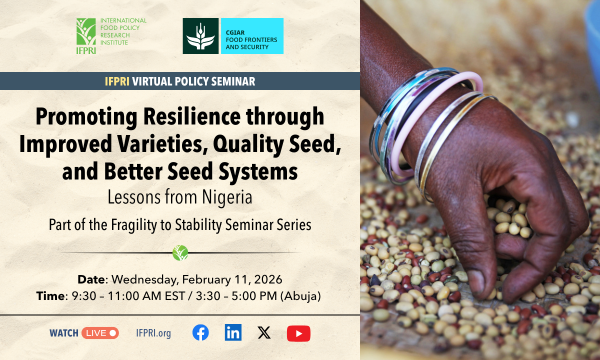
Across sub-Saharan Africa, small-scale, resource-poor farmers are disproportionately affected by climatic and market shocks. Providing them with the tools and technologies to manage these shocks is critical to building resilience, especially in Nigeria, with its considerable diversity. This seminar will showcase novel evidence of how improved crop varieties, quality seed, and better seed systems can […]
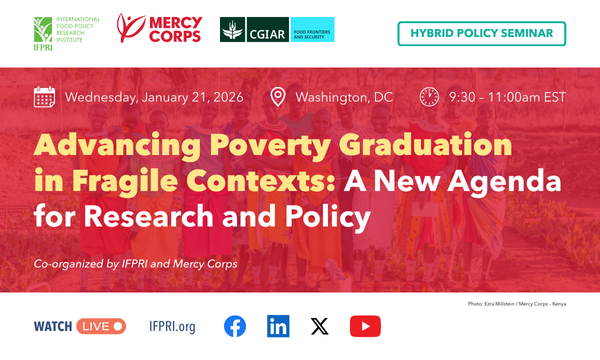
Multifaceted livelihoods interventions that target households in extreme poverty are extremely effective in reducing extreme poverty, with consistent gains in income, consumption, savings, and psychosocial well-being. These interventions, often called graduation models, have been widely evaluated, but most evidence comes from stable rural settings. In fragile and conflict-affected environments where poverty is increasingly concentrated, household-level […]
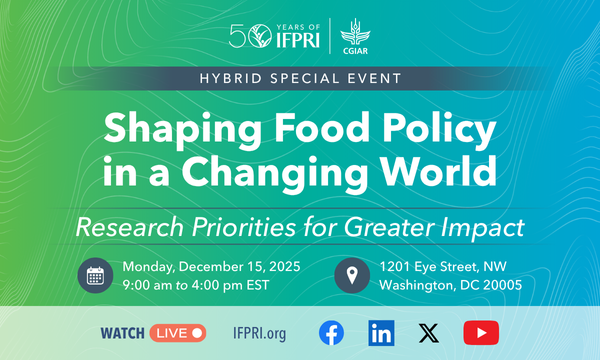
In today’s fast-changing world and evolving food systems, the need for evidence-based food policy has never been more urgent – demanding research that is timely, inclusive, and tailored to context. Reliable data and rigorous analysis are essential, but research must also evolve – and become more timely, more relevant, and more inclusive of diverse voices […]
A groundbreaking approach to understanding how developing economies are affected by multiple, simultaneous shocks.
Economic revival, social protection, and infrastructure rehabilitation are critical for urban recovery in Sudan. Nairobi, 12 November 2024 – Eighteen months of war have deeply affected urban households in Sudan: 31 percent have been displaced, full-time employment has plummeted by half, over 70 percent of the urban households in Sudan had all or some of […]
New report analyzes trade performance amid pressure points from climate change, water use, and carbon emissions, with recommendations for sustainable practices.

Director, Nutrition, Diets, and Health (NDH), Nutrition,
Diets, and Health

Director, Natural Resources and Resilience (NRR), Natural
Resources and Resilience

Director, Innovation Policy and Scaling (IPS), Innovation
Policy and Scaling

Director, Foresight and Policy Modeling (FPM), Foresight
and Policy Modeling

Research Analyst, Poverty,
Gender, and Inclusion

Research Analyst, Innovation
Policy and Scaling

Research Fellow, Development
Strategies and Governance

Associate Research Fellow, Development
Strategies and Governance

Senior Scientist, Foresight
and Policy Modeling

Project Manager, Development
Strategies and Governance

Scaling Specialist, Innovation
Policy and Scaling

Senior Program Manager, Poverty,
Gender, and Inclusion